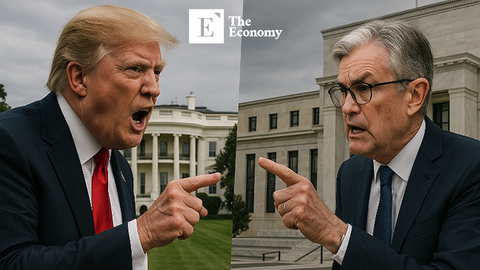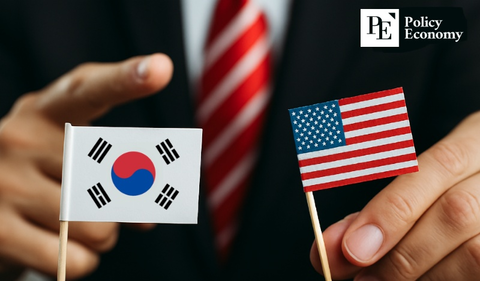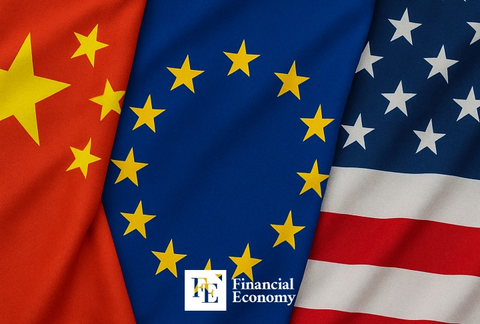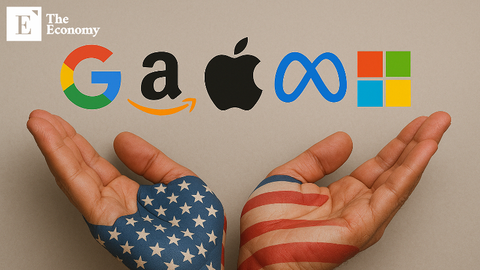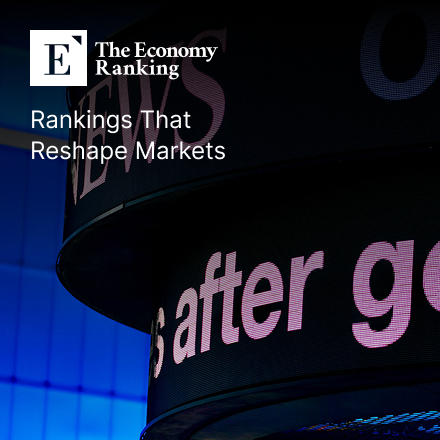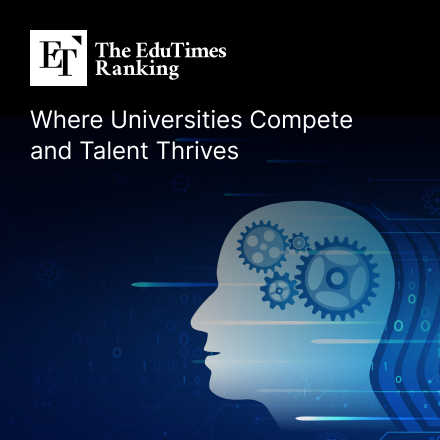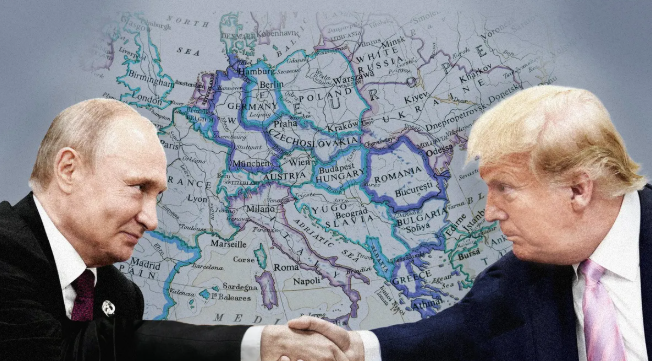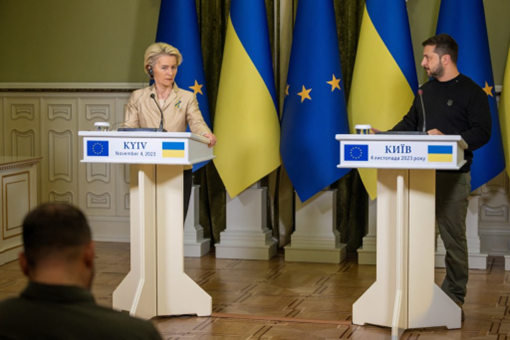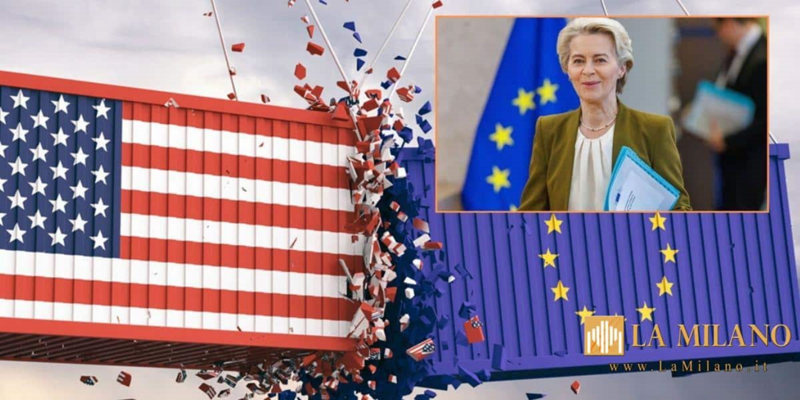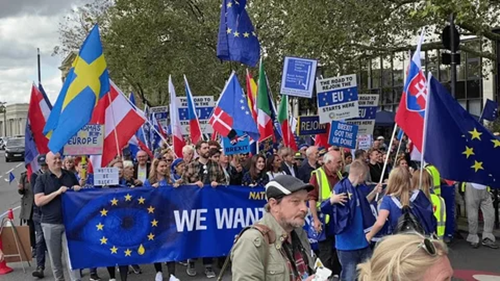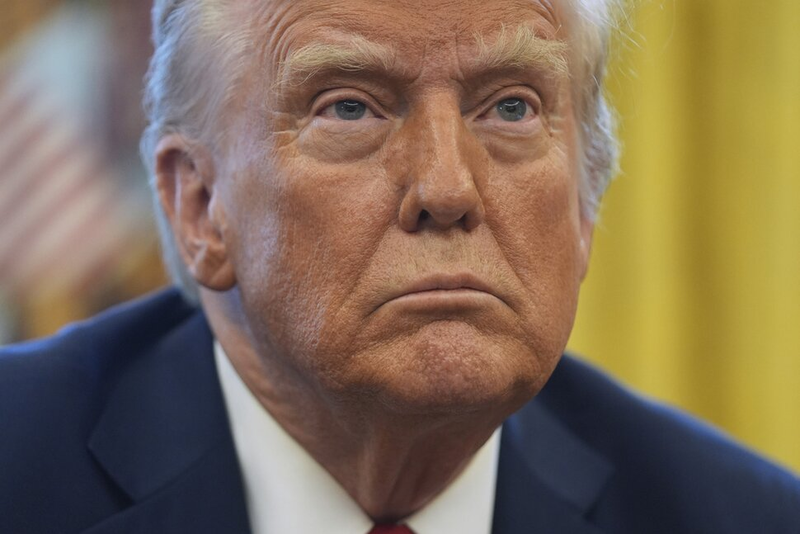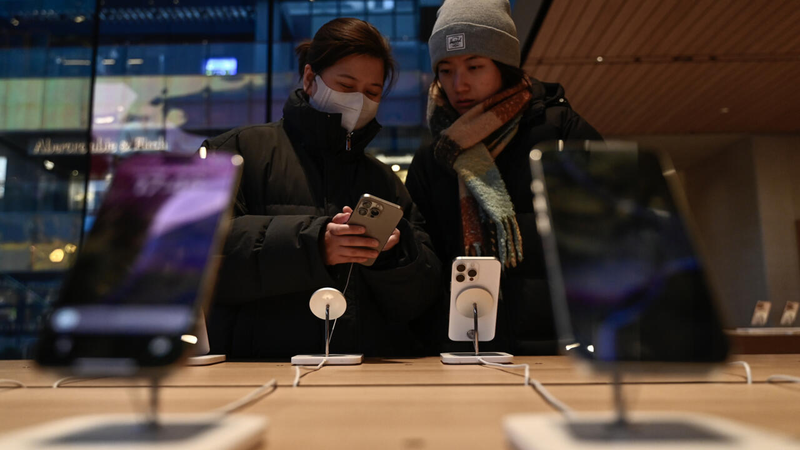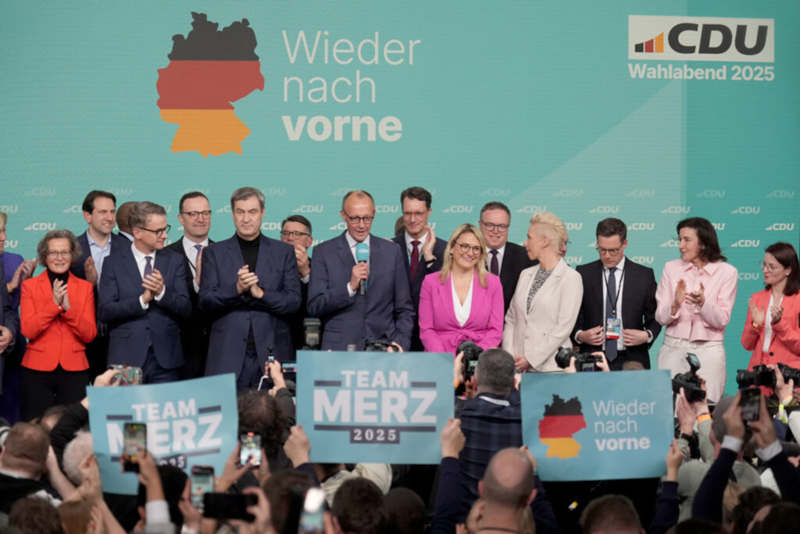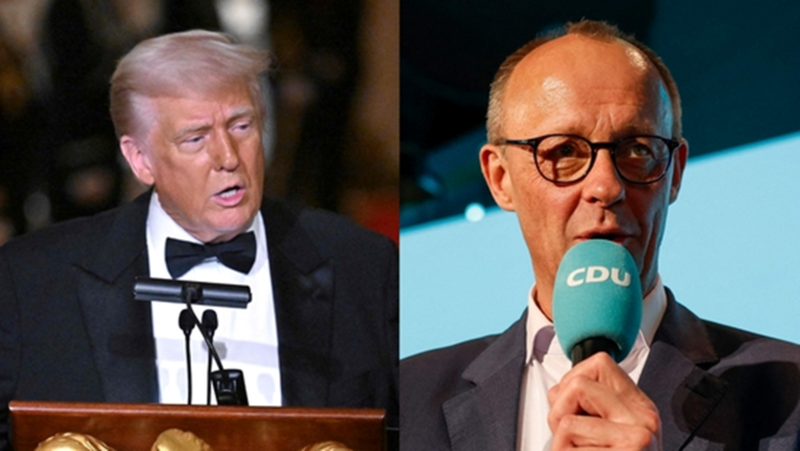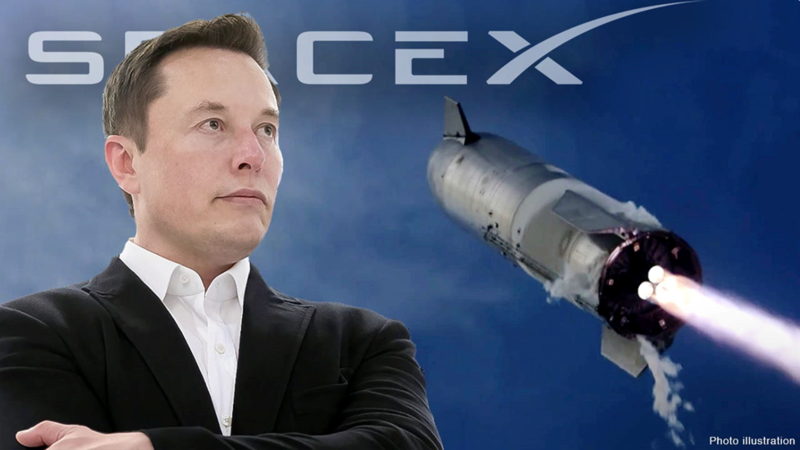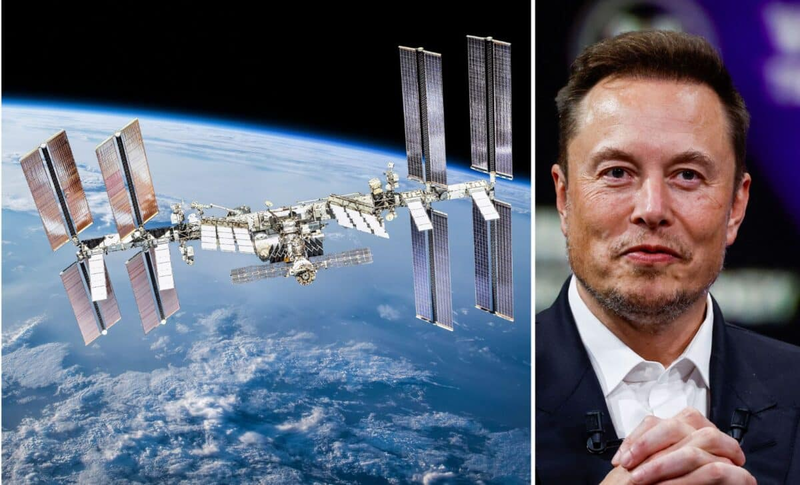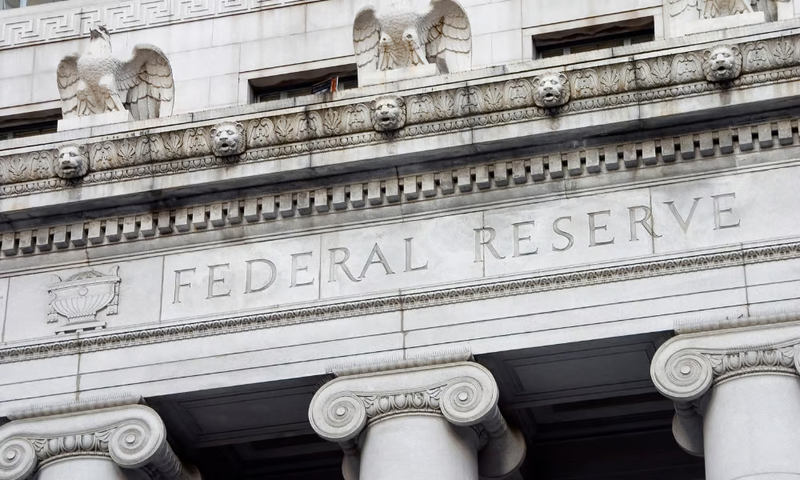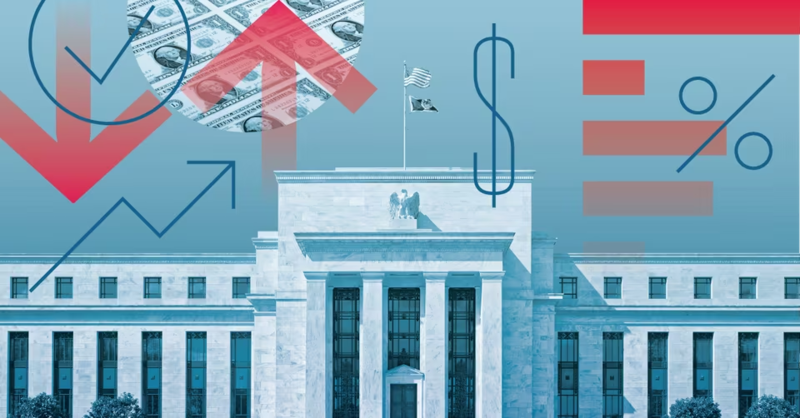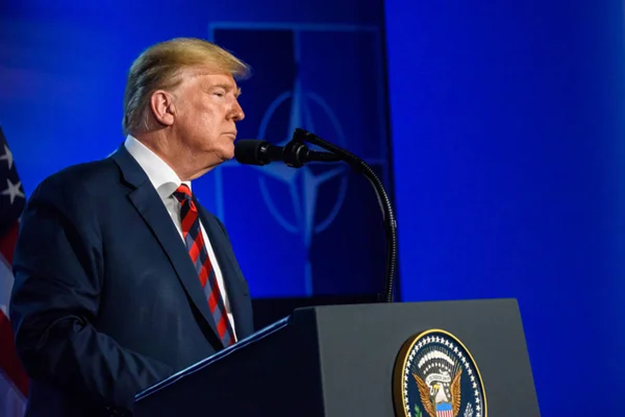Starbucks' Quest to Win Back their Customers
Input
Changed
Starbucks' Struggle to Win Back Customers Stategic Changes to Reclaiming its Profitability The Coffee Chains' Path to Survival

Starbucks' Struggle to Win Back Customers
In a bold but unsettling move, Starbucks has announced the reduction of 1,100 office jobs as part of a broader strategy to address its ongoing challenges in the wake of leadership changes and shifting consumer trends. This decision, which reflects the pressure the company faces under the stewardship of its new CEO, highlights the difficulties Starbucks continues to grapple with as it strives to regain its footing in an increasingly competitive market. At the same time, the company’s move to eliminate 13 popular items from its menu underscores the urgency with which it is attempting to streamline its operations and reduce costs.
For Starbucks, the announcement of job cuts and menu reductions comes as part of a larger restructuring plan that aims to stabilize the company after a period of financial and operational struggles. The decisions, while aimed at improving efficiency, reveal the broader challenges the global coffee giant faces as it attempts to navigate a complex mix of internal restructuring, consumer preferences, and financial pressures.
The pressure on Starbucks to turn around its business is palpable, particularly under the leadership of its newly appointed CEO. Despite being in charge for a few months now, the CEO has yet to demonstrate a significant ability to steer the company back to growth. In fact, the company’s recent earnings report showed that Starbucks had barely surpassed its low earnings expectations for the first quarter of 2025 under its new leadership.
Starbucks has long been a staple in the global coffee industry, known for its premium coffee drinks and the experience it offers to consumers. However, as the global economy shifts, Starbucks finds itself competing not only with traditional coffee shop chains but also with independent and boutique coffee shops that have been gaining popularity for offering unique blends and a more personalized experience. For Starbucks, the question remains: How can it innovate and remain relevant in a market where consumer preferences are shifting rapidly?
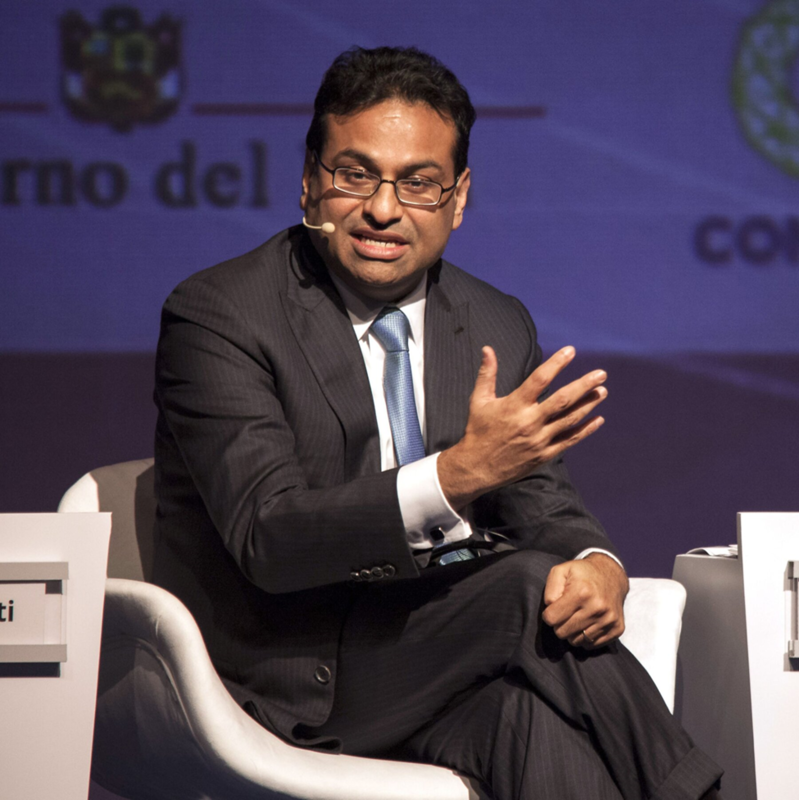
Stategic Changes to Reclaiming its Profitability
As part of its efforts to streamline operations, Starbucks has announced the elimination of 1,100 office jobs. This is a significant step for the company, especially given its previous reputation for its expansive and inclusive workforce. These layoffs are part of a larger restructuring effort to improve the company’s efficiency and profitability in a period of growing competition and fluctuating consumer demands.
The decision to cut jobs is never an easy one, and Starbucks has certainly faced considerable criticism for the move. However, the company has argued that this restructuring is necessary to ensure that its operations are better aligned with the current market realities. By cutting costs and focusing on efficiency, Starbucks aims to better position itself to deal with the financial pressures it is facing in the wake of the pandemic, rising costs of goods, and increased competition in the coffee and beverage industry.
Starbucks’ decision to implement such layoffs comes at a time when many other companies in the retail and hospitality sectors have been similarly affected by the economic uncertainty caused by the pandemic. These job cuts are just one part of a broader trend of large corporations re-evaluating their operations and focusing on reducing costs in the face of an unpredictable economic landscape.
The company has stated that these layoffs will primarily affect corporate office roles, but they will not impact the baristas or employees at the store level. This distinction is significant because Starbucks has long prided itself on its employee benefits and its commitment to maintaining a positive working environment for its frontline staff. In fact, one of the defining features of Starbucks’ corporate culture has been its focus on providing healthcare and other benefits to its employees, even for part-time workers.
However, as Starbucks looks to improve its financial standing, the company has decided that reducing its corporate workforce is a necessary step. The layoffs are part of an ongoing effort to recalibrate the business and ensure that Starbucks remains competitive in an increasingly challenging environment.
In addition to the layoffs, Starbucks has announced that it will be eliminating 13 popular items from its menu in an effort to reduce operational costs and streamline its offerings. These menu cuts have been made in response to the rising costs of ingredients, labor, and transportation, which have all placed significant strain on the company’s financial performance.
The removal of these items, expected to take effect in March 2025, will likely spark disappointment among loyal customers who have grown accustomed to certain drinks and menu options. However, Starbucks’ decision to streamline its menu is in line with broader industry trends, where many companies are opting to reduce their product offerings in order to simplify operations and focus on their best-performing items.
While some customers may lament the removal of their favorite drinks, Starbucks insists that this strategy will help the company reduce waste and ensure that it can continue to provide the most popular and profitable items on its menu. In the fast-paced world of food and beverage retail, menu changes are not uncommon, but they do underscore the financial pressures facing the company. For Starbucks, the menu cuts are an attempt to boost profitability by reducing complexity and focusing on the items that generate the most revenue.
The struggles facing Starbucks are also a reflection of the challenges the new CEO has encountered in attempting to turn the company around. In their first few months in the role, the new leadership team has been faced with multiple obstacles, including declining sales, high operational costs, and shifting consumer habits. The CEO’s failure to generate significant momentum in the company’s recovery has led to skepticism about their ability to lead Starbucks back to the strong growth it once enjoyed.
Despite the low expectations for the company’s first-quarter earnings in 2025, Starbucks still managed to beat these predictions. However, beating low expectations is far from a success in the eyes of many analysts and investors. There is a growing sense that the company may need to do more than simply manage short-term financial difficulties in order to regain its position as a market leader.
Some have pointed out that the new CEO’s strategies thus far seem focused primarily on cost-cutting measures rather than on innovation or customer experience. While reducing costs may improve the company’s bottom line in the short term, it is unclear whether these measures will be sufficient to reinvigorate Starbucks’ brand and win back the customers who have grown disillusioned with the company’s offerings.
The coffee chain has also faced criticism for a lack of fresh and bold ideas that would help it stand out in a crowded market. Competitors have been quick to innovate, offering new coffee options and customizable drinks that appeal to the changing tastes of consumers. Starbucks, by contrast, has been accused of relying too heavily on its existing menu and not doing enough to differentiate itself from the competition.

The Coffee Chains' Path to Survival
As Starbucks looks to navigate its current challenges, the future of the company remains uncertain. While the layoffs and menu cuts are necessary steps for improving efficiency and cost management, they may not be enough to sustain long-term growth. The coffee giant will need to reimagine its offerings, embrace new trends, and adapt to changing consumer behaviors if it hopes to recapture its position as the leading global coffee chain.
It is clear that the new CEO has a tough road ahead. The company must address its internal issues while also competing in an industry that has become more competitive than ever. If Starbucks is to thrive in the years to come, it will need to innovate, reconnect with its loyal customers, and find new ways to differentiate itself from the rapidly growing number of coffee competitors.
Starbucks’ story is far from over, but the decisions made in the coming months will be critical to shaping the company’s future. The next few quarters will determine whether the coffee giant can regain its competitive edge or whether its struggles will continue to define its trajectory.
In the meantime, employees, customers, and investors alike will be watching closely to see what steps Starbucks takes next as it navigates a difficult and ever-changing business landscape.


